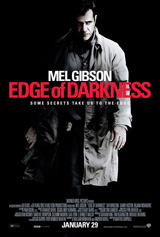There are some personal pronouns that don’t need antecedents for their referent nouns to remain clear. I, for example, always refers to the speaker or writer, and you refers to the person being spoken or written to. Likewise, sometimes we, you, and they don’t need antecedents because they are being used indefinitely to refer to “one” or “people in general.”
The editorial we is used by an individual who is speaking for a group—the staff of a magazine, for example, or an entire company:
On this website we cover writing- and editing-related topics like grammar and punctuation, structure and style, and the creative life.
A writer might also use we to personalize his or her writing or make the reader feel included:
By applying the guidelines discussed here, we can develop strategies for finding the right words.
You can be used in the same way that one refers to any reader or all readers. (Just don’t mix-and-match you and one in the same sentence.)
If you have a question about writing or editing, you can find the answer here. (And if you can’t, let us know and we’ll find it for you!)
Finally, they can be used indefinitely when the antecedent is unidentified or unimportant.
They say there are no rules in writing.
(I caution against this usage in academic writing, though—your grader will want to know who says that and look for a citation!)
Do you have a question about pronouns? Let me know, and I’ll include it in a future installment of Mots Justes’ ongoing series.
The Mots Justes Series on Pronouns
Part II—Location, Location, Location
Part V—Gender, Plus “They” as a Gender-Neutral Singular Pronoun
Part VII—Something Personal Between You and Me
Resources
Chicago Manual of Style, The. 15th ed. Chicago: The University of Chicago Press, 2003.







